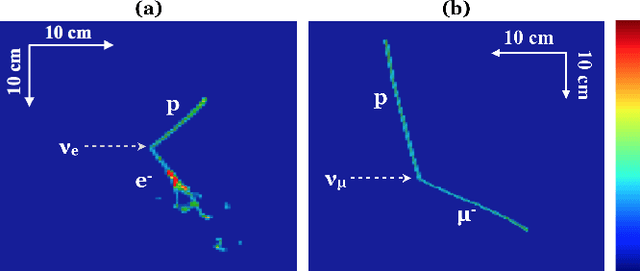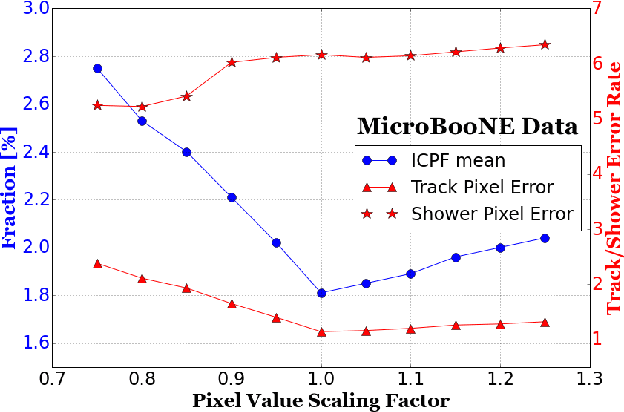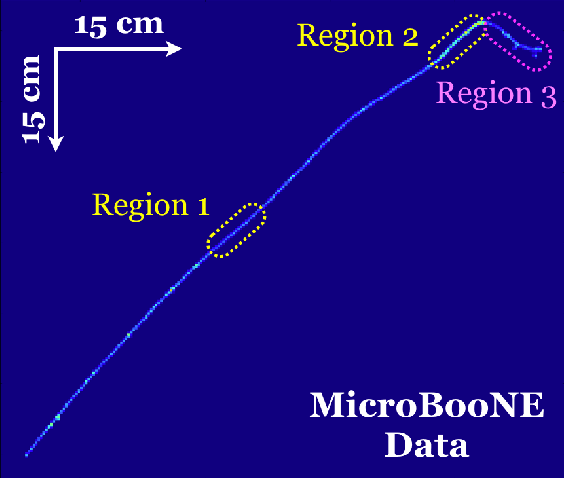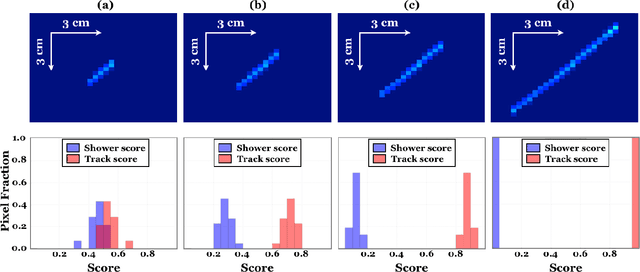X. Qian
Optimization of RIS-Aided MIMO -- A Mutually Coupled Loaded Wire Dipole Model
Jun 15, 2023

Abstract:In this letter, we consider a reconfigurable intelligent surface (RIS) assisted multiple-input multiple-output (MIMO) system in the presence of scattering objects. The MIMO transmitter and receiver, the RIS, and the scattering objects are modeled as mutually coupled thin wires connected to load impedances. We introduce a novel numerical algorithm for optimizing the tunable loads connected to the RIS. Compared with currently available algorithms, the proposed approach does not rely on the Neumann series approximation, but it optimizes the tunable load impedances alternately and one by one. At each iteration step, a closed-form expression for each impedance is provided by applying the Gram-Schmidt orthogonalization method. The algorithm is provably convergent and has a polynomial complexity with the number of RIS elements. Also, it is shown to outperform, in terms of achievable rate, two benchmark algorithms, which are based on a similar electromagnetic model, while requiring fewer iterations and a reduced execution time to reach convergence.
A Deep Neural Network for Pixel-Level Electromagnetic Particle Identification in the MicroBooNE Liquid Argon Time Projection Chamber
Aug 22, 2018



Abstract:We have developed a convolutional neural network (CNN) that can make a pixel-level prediction of objects in image data recorded by a liquid argon time projection chamber (LArTPC) for the first time. We describe the network design, training techniques, and software tools developed to train this network. The goal of this work is to develop a complete deep neural network based data reconstruction chain for the MicroBooNE detector. We show the first demonstration of a network's validity on real LArTPC data using MicroBooNE collection plane images. The demonstration is performed for stopping muon and a $\nu_\mu$ charged current neutral pion data samples.
 Add to Chrome
Add to Chrome Add to Firefox
Add to Firefox Add to Edge
Add to Edge